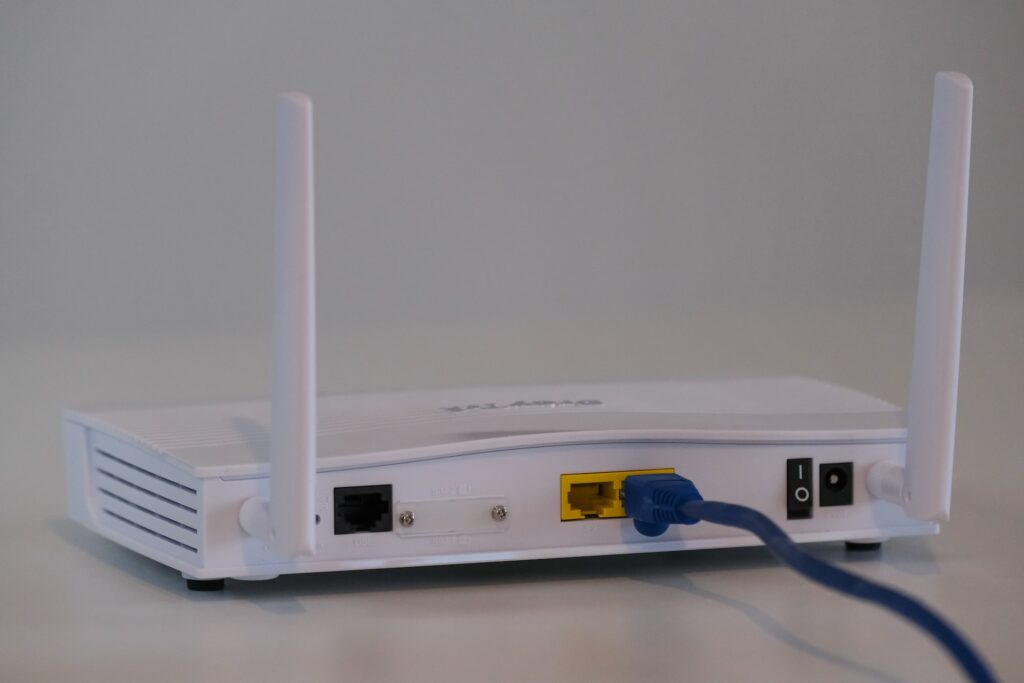Are you also worried about how to get started in cybersecurity? This is the first thought that comes to us when we think about how to get started in cybersecurity. Then don’t worry we’ll cover some key advice on how to get started in a cybersecurity career in this article.
Cybersecurity is a rapidly growing field, and there are many opportunities available for individuals with the right skills and training. With the increase in online dangers and attacks that could affect both organisations and people, cybersecurity has become an essential aspect of our modern society. If you want to get started in a cybersecurity career, you can take the following steps.
Table of Contents

1. Understand the Basics of Cybersecurity
Prior to starting a career in cybersecurity, you must know the fundamentals. The goal of cybersecurity is to prevent unauthorised access to computer systems, networks, and sensitive data as well as theft and damage. This field is constantly evolving, and there are always new threats and vulnerabilities to address.
If you want to get started in cybersecurity, you should start you journey with the basic of Computer Science. You can start by learning about the following fundamental concepts:
Networking: A good understanding of computer networks is essential in cybersecurity. Be familiar with concepts such as IP addresses, TCP/IP, DNS, and firewalls.
Operating systems: You should have basic understanding of how to use operating systems such as Windows, Linux, and macOS.
Programming: Basic programming skills can be helpful in cybersecurity. It is recommended to learn Python, which is a popular language used in cybersecurity. Although, This is optional in the beginning. But you must learn how to read codes.
Cyber threats: Learn about different type of attacks and threats, such as phishing, malware, and ransomware.
There are alot of free online courses and tutorials available to help you if you want to get started in cybersecurity. Some popular platforms that you can use are Udemy, Coursera, and edX.
2. Obtain Education and Training
After you’ve gained a thorough understanding of the cybersecurity industry and have chosen a career path, it’s time to get the education and training you need. Sometimes, the cybersecurity jobs require the bachelor’s degree. Furthermore, you can stand out to companies by earning one of the various cybersecurity certifications that are available.
Some popular cybersecurity certifications that can help you get started in cybersecurity are as follows:
CompTIA Security+: This certification is a good starting point as it covers the fundamentals of cybersecurity, such as network security and cryptography.
Certified Information Systems Security Professional (CISSP): This is an advanced certification because it covers more in-depth topics, such as risk management and security architecture.
Certified Ethical Hacker (CEH): It is the most popular certification among the newbies. And it is designed for those who want to learn about hacking and penetration testing. It covers topics such as foot printing and reconnaissance, scanning networks, and system hacking.
GIAC Security Essentials (GSEC): This certification is a beginner-level certification that covers the basics of cybersecurity, such as network protocols and access control.
3. Gain Practical Experience
In addition to obtaining education and certifications, gaining practical experience is essential to starting a career in cybersecurity. It’s necessary to get experience through internships, or entry-level roles because many employers prefer applicants who have hands-on experience in the industry.
You can also gain practical experience by participating in cybersecurity competitions and challenges. These challenges allow you to test your skills against other cybersecurity professionals and gain experience in a simulated environment.
4. Stay Up to Date
Being updated with the most recent trends and dangers is important because the world of cybersecurity is continuously changing. This includes following industry news and attending cybersecurity conferences and events. This is a continuous evolving field so a professional should be updated with the latest cybersecurity news, threats and trends.
One effective way to stay up to date is to regularly read industry publications and news sources. Websites like Dark Reading, Infosecurity Magazine, and SC Media provide the latest news, analysis, and insights into the world of cybersecurity. Following cybersecurity thought leaders and industry experts on social media platforms like Twitter and LinkedIn can also be an effective way to stay informed about the latest developments in the field.
You can also attend cybersecurity conferences, workshops, and seminars. These events provide an opportunity to learn from experts in the field and network with other cybersecurity professionals. Some popular cybersecurity conferences include RSA Conference, Black Hat, and DEF CON.
Conclusion
Although it might be difficult to get started, cybersecurity is a profitable and fascinating job. If you want to get started in cybersecurity and want to be successful then you must follow the above roadmap i.e., understanding the basics of cybersecurity, choosing a career path, getting the necessary education and training, gaining practical experience, and keeping yourself up-to-date.




